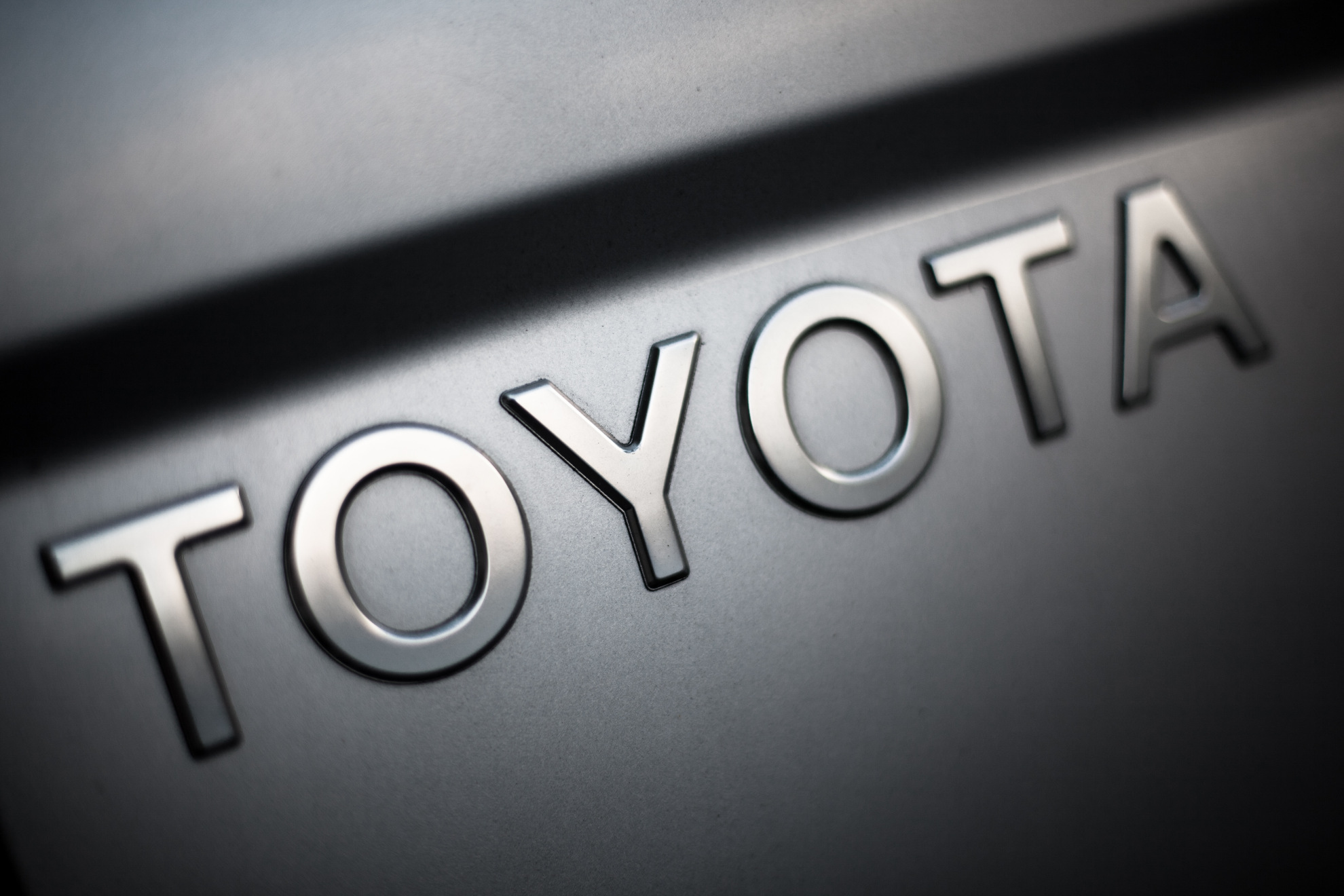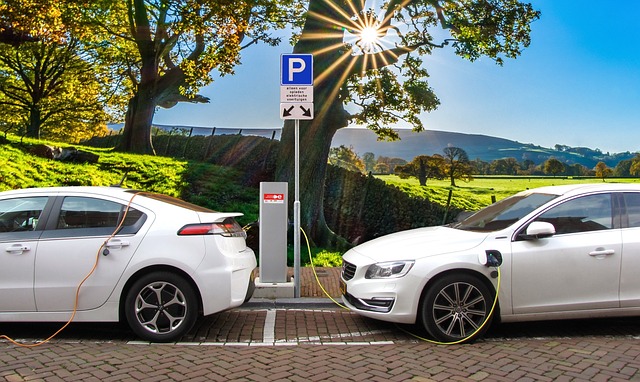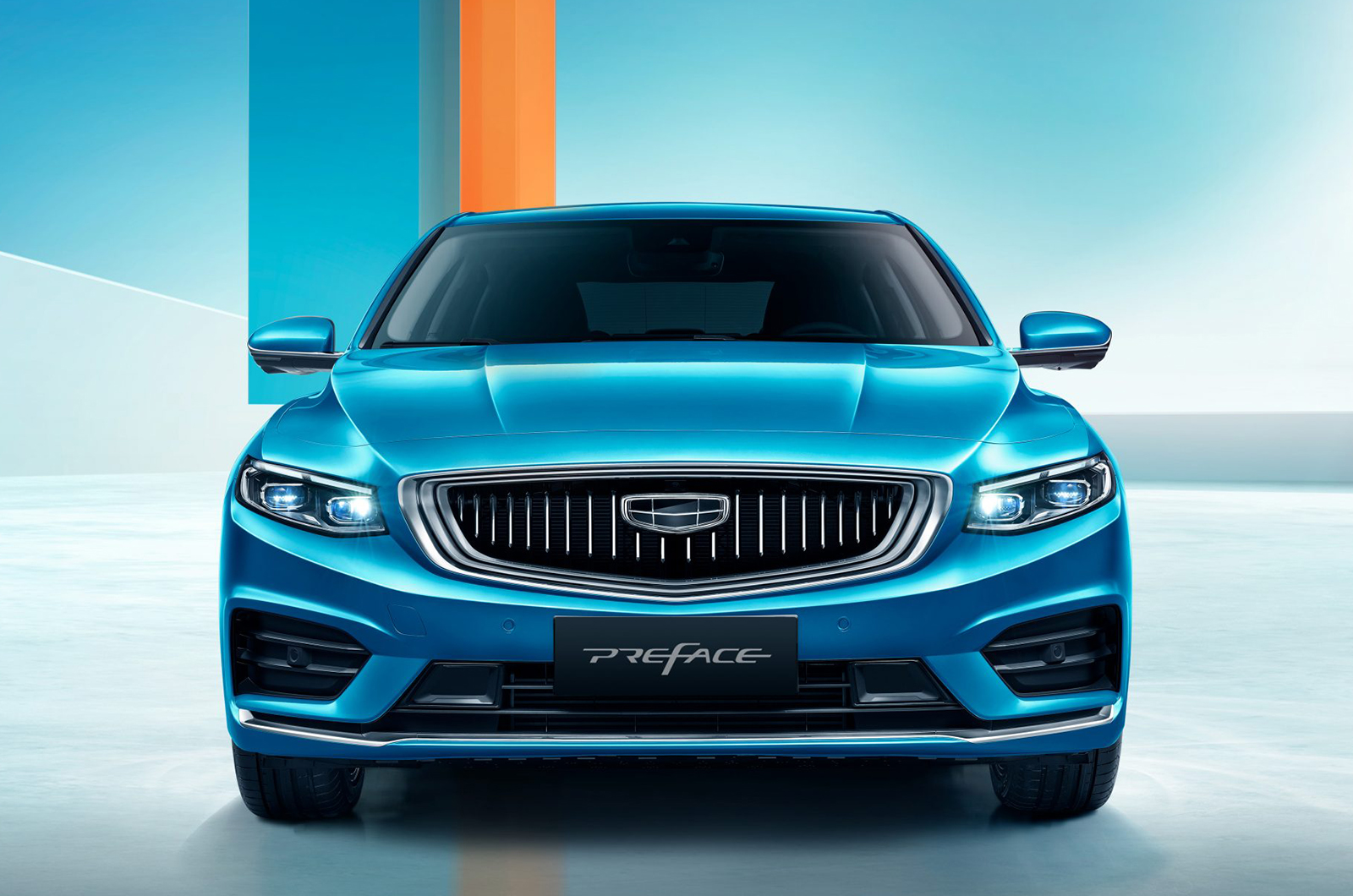
Toyota is investing in an electric revolution, with plans to launch their next generation of battery-powered vehicles by 2026. These cars will have a driving range of over 497 miles on a full charge, and Toyotas promise of a solid-state battery by 2027, offering a range of over 621 miles, has silenced critics of their slow approach to electrification. However, while Toyota aims to sell 3.5 million battery electric vehicles by 2030, the production of just 10,000 cars with solid-state batteries appears insignificant in the global context.
Investing money and manpower, Toyota is currently undergoing an electric revolution. By 2026, they aim to launch their next generation of battery-powered vehicles. These cars will be powered by regular, liquid-based lithium-ion batteries which are expected to provide a driving range of over 497 miles on a full charge. However, it was Toyota’s promise of a solid-state battery, set to be capable of over 621 miles starting in 2027, that silenced the critics who had long criticized the company for its slow approach to electrification. Despite this promising development, it appears that only a select few will have access to the convenience of driving hundreds of miles without the need to recharge, considering the larger context.
In the 2027-2028 timeframe, Toyota will be introducing its first EVs powered by solid-state batteries. Contrary to the hydrogen fuel-cell revolution, this new development excludes the use of hydrogen. Instead, Toyota has partnered with petrochemical company Idemitsu to produce enough cells for a few thousand vehicles. This information was reported by Automotive News, citing Toyota as the source.
Last month, the partnership between the two firms was announced, revealing their main objective of establishing the foundation for “full-scale” mass production in 2030. Toyota has stated that Idemitsu will have the capability to produce several thousand tons of sulfide solid electrolyte by the beginning of the next decade. This quantity will be sufficient for more than 10,000 vehicles. However, in the global context, where the manufacturer of the bZ4X aims to sell no less than 3.5 million battery electric vehicles by 2030, including Lexus models, the production of 10,000 cars with solid-state batteries appears to be insignificant.
Toyota has announced its plans for the future of electric vehicles (EVs). They intend to use more conventional, liquid-based lithium-ion batteries in the majority of their EVs. These batteries are expected to offer a range of over 497 miles by 2026. Additionally, Toyota has mentioned a high-performance bipolar variant that will be available by 2027-2028, offering a range of over 621 miles. In the coming years, Toyota also plans to introduce a more affordable lithium iron phosphate (LFP) version. This version is expected to provide a driving range of over 372 miles on a full charge, and it will be added to their lineup around 2026-2027. While Toyota has not specified an exact timeframe, they have mentioned the development of a solid-state battery with a range of over 745 miles after 2028.
Toyota is investing in an electric revolution and aims to launch their next generation battery-powered vehicles by 2026. These cars will be powered by liquid-based lithium-ion batteries, with a driving range of over 497 miles. Toyota plans to introduce solid-state batteries by 2027, which will offer a range of over 621 miles, but production will initially be limited to a few thousand vehicles



